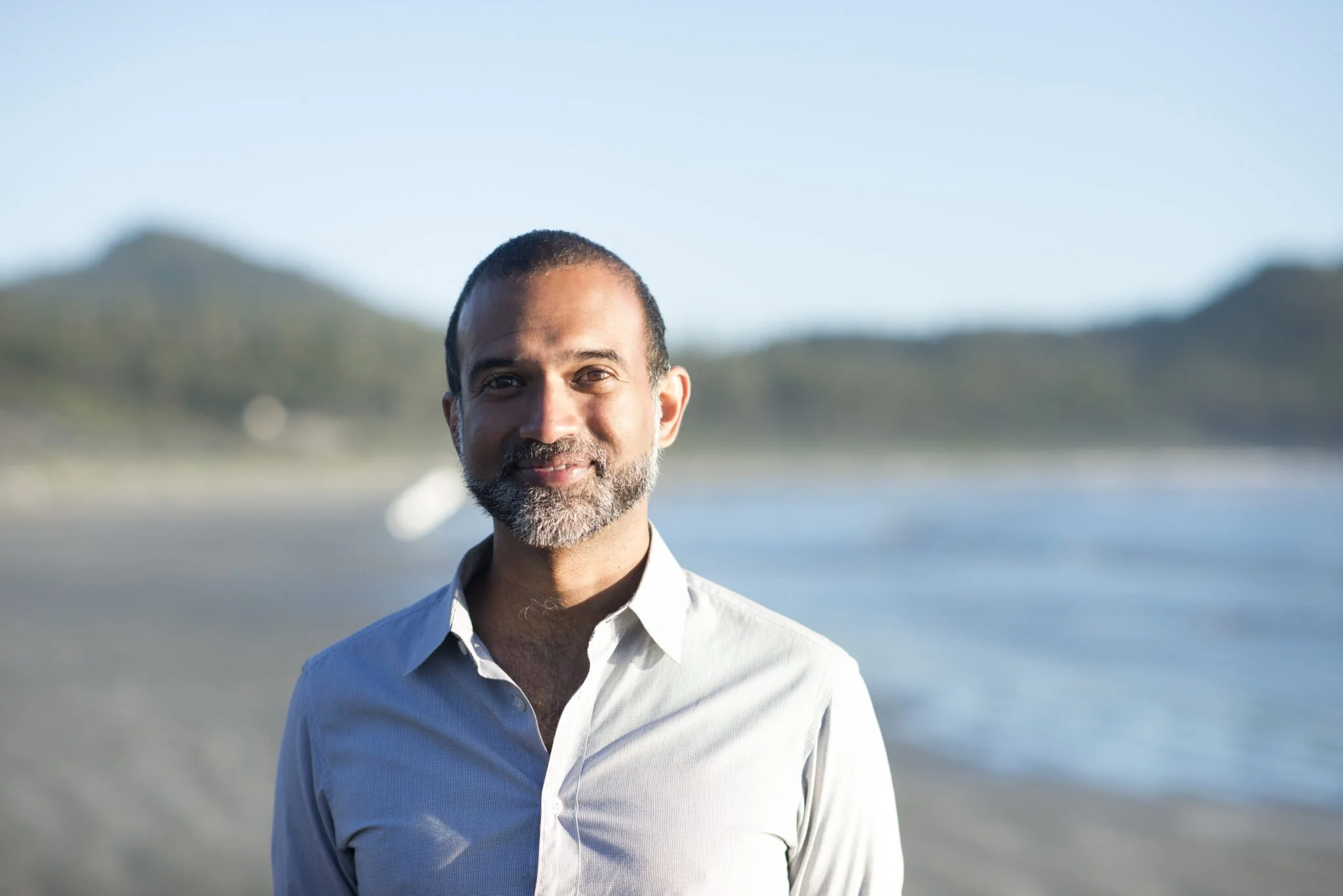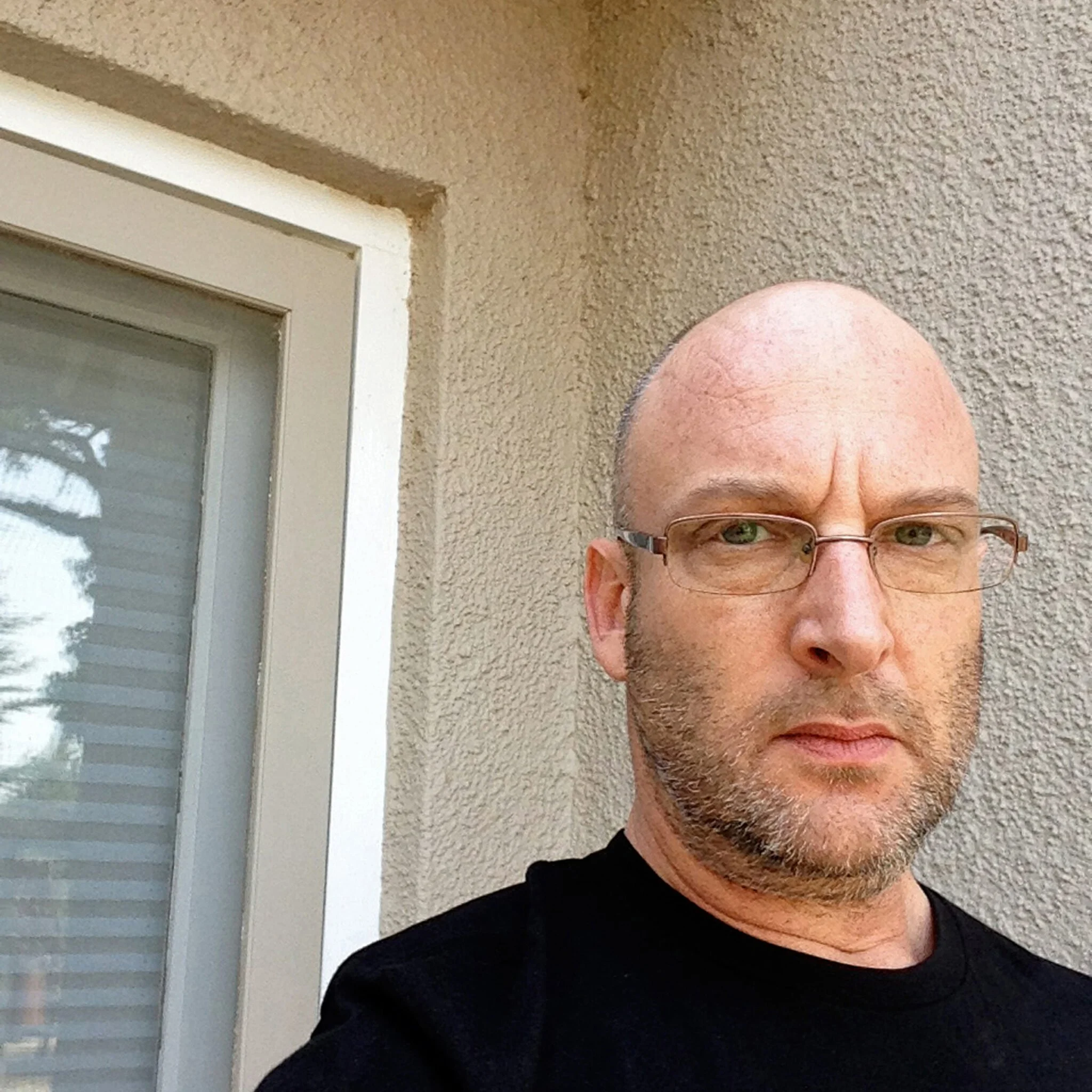Staff Picks
The rock as matter is a simple form: it is not alive, does not grow or reproduce, does not respond to environmental stimuli, does not evolve biologically. Still, I cannot help but project anthropoidal motifs onto Illouz’s aptly unnamed photographs. An outstretched palm in a granite outcrop. A layer of crust like a days-old scab.
This is a rhetorical gesture I desperately want to believe in. I want to believe that the crises both of our recent past and our unfolding present might represent opportunities for us to construct more liberatory futures. I want to believe that a preferable future is now more possible than ever. The alternative is too much to bear. In Dysphoria Mundi, Preciado begins the urgent task of theorizing how struggles for those better futures might shift and adapt to make use of our polycrisis.
While Archivist Scissors certainly reads as Waldman’s attempt to piece together a tapestry of her corner of the literary world, the project extends far past her life and lens. The crux of the book lies in the question: how do we remember others?
Patchwork is not just a novel or an absurdist work of art. It is a reminder that despite the chaos of it all, human beings will always be connected with one another. We will dance, persistently, precariously, along the same imprints in the dirt.
To crave sex with the dead, to be voracious in a time of AIDS, to masturbate and discuss it, to objectify one’s genitals purely for pleasure. In reading Hemphill’s work we do not ask the poet to take responsibility for his words and desires. We soak in them instead, learning how they resonate with our own thoughts and allowing his honesty to soften the edges of our judgement.
I Found Myself itself exists as a tripartite translation, with Mahfouz moving from his unconscious to his conscious, and from the voice of the diarist to that of the writer, with Matar completing the process with a translation from Arabic to English. Matar’s remarkable ability to capture all of these dimensions, without sacrificing the stylistic qualities of Mahfouz’s prose, is what makes this translation so masterful. Whether you are interested in Arabic literature, a fan of Mahfouz’s work, or simply an admirer of dreams, there is something in this collection for everyone. If for no other reason than afterwards, after being engrossed in page after page of Mahfouz’s quiet serenity, you will feel as though you have made a new friend.

Interviews
Prose Editor Amine Mohammed Bit sat down with Libyan-American novelist, essayist, and memoirist Hisham Matar to discuss his latest work, a translation of Naguib Mahfouz’s dream journal entitled I Found Myself…The Last Dreams, which he co-edited with Diana Matar. Hisham Matar is the author of five books, including The Return, winner of the Pulitzer Prize, as well as numerous essays, articles, reviews, and short stories. Diana Matar is Distinguished Artist at Barnard College Columbia University, New York and teaches photography in the Comparative Literature program at Barnard College. Her most recent book, My America, was published by GOST Books in 2024, and is an archive and memorial for Americans who died in encounters with their police.
Editor-in-chief Su Ertekin-Taner sat down with poet, editor, and professor Srikanth Reddy. Srikanth Reddy’s latest book of poetry, Underworld Lit, was a finalist for the Griffin International Poetry Prize, the Poetry Society of America’s T.S. Eliot Four Quartets Prize, and a Times Literary Supplement “Book of the Year” for 2020. His writing has appeared in Harper’s, The Guardian (UK), The New York Times, and The Washington Post; he is the poetry editor of The Paris Review, and a co-editor of the Phoenix Poets book series at the University of Chicago Press. The recipient of fellowships from the Creative Capital Foundation, the Guggenheim Foundation, and the National Endowment for the Arts, Reddy is Professor of English and Creative Writing at the University of Chicago. His book of lectures on poetry and painting, The Unsignificant, was published by Wave Books in Fall 2024.
Editor-in-chief Su Ertekin-Taner sat down with poet and painter Richard Siken. Richard Siken’s book Crush won the 2004 Yale Series of Younger Poets prize, selected by Louise Glück, a Lambda Literary Award, a Thom Gunn Award, and was a finalist for the National Book Critics Circle Award. His other books are War of the Foxes (Copper Canyon Press, 2015) and I Do Know Some Things (forthcoming, Copper Canyon Press, 2025). Siken is a recipient of fellowships from Lannan Foundation and the National Endowment for the Arts. He lives in Tucson, Arizona.
Prose Editor Amine Mohammed Bit sat down with writer and literary critic Omar Abu Samra to discuss a chapter from his upcoming book, ‘Ana huwa al-nasheed, entitled “My Village, ‘Al-Shajarah,’” which was translated from the Arabic by Khader Barham. Abu Samra is a Palestinian writer, born in Haifa. He studies American and English literature in JGU in Mainz, Germany and published his first book “The First Trees” in 2023. He also works for Al-Araby Al-Jadid as a literary critic.





